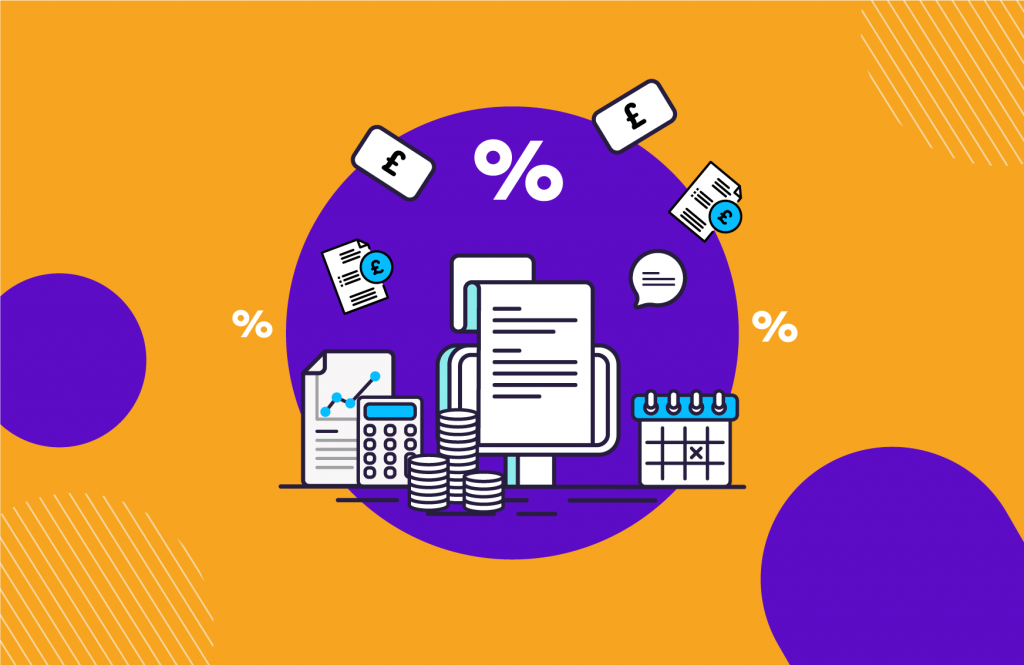Should you go limited? Reasons for and against becoming a limited company as a freelancer
Most freelancers are sole traders, which means they are their business and their accounts are pretty simple. This requires you to declare your self-employed income through a Self Assessment if you earn £1,000 or more from your freelance business in a tax year.
You can trade under your own name or a business name (as long as it doesn't include variations of the word 'limited') and you still have to register for and pay VAT if your turnover exceeds £85,000 in a year.
It might be more tax efficient to register as a limited company instead, but there is a lot more paperwork and you'll definitely need an accountant. These are the potential benefits and things to consider if you're wondering whether you should make the switch.

What's the difference between a sole trader and a limited company?
A limited company separates the business from you - its director - and any potential shareholders. Your personal finances will be kept completely separate from your business finances because your business is a separate legal entity. This means your company details become public, you have more legal responsibilities as a director, and any debt or liability is the company's and not yours.
As well as filling out a Self Assessment to declare income and dividends you've personally received from your limited company, your business will need to report its earnings, profits, and much more through a Company Tax Return.
You'll have more responsibilities as a company director
According to Gov.uk, this is what you'll need to do as a company director:
- follow the company’s rules, shown in its articles of association
- keep company records and report changes
- file your accounts and your Company Tax Return
- tell other shareholders if you might personally benefit from a transaction the company makes
- pay Corporation Tax
Corporation Tax rates vary depending on your business profits, investments, and any assets you sell. Just like being a sole trader, you'll also need to register for and pay VAT if your business' turnover exceeds £85,000 in a single tax year.

You can access different funding and benefits as a limited company
Sole trader funding and finance is your responsibility as an individual, but a limited company is legally responsible for its own debts. There are also specific loans and grants you can only access if you're a limited company.
Some benefits aren't financial but still pretty significant. As a limited company you have to legally register your name and it can't be too similar to another business' name. This means you can protect your business' name and identity too. Your business also looks more professional, legitimate, and credible as a limited company.
Something to look out for! Getting a mortgage can be trickier if you've recently become the director of a limited company. Many lenders expect at least one year of accounts, so make sure you can provide this if you're planning to apply for a mortgage soon. For more specific help, talk to a mortgage advisor with experience with self-employed mortgages.
Before you do anything though....
If you don't already have an accountant, you'll definitely need one
As you can probably tell, running a limited company is significantly more complex than being a sole trader. There's a lot of paperwork, a lot of things to figure out, and a lot of potential benefits and advantages you won't know how to access without professional help.
Working with an accountant is the only way to fulfil your requirements and get the most out of it. Otherwise, you're going to spend a lot more time on admin than you did as a sole trader.









